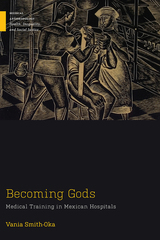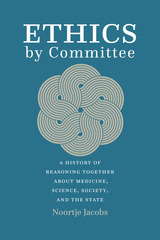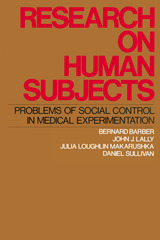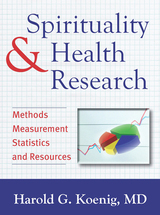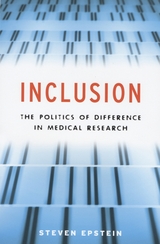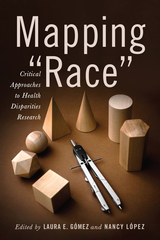The Origins of Bioethics: Remembering When Medicine Went Wrong
Michigan State University Press, 2019
Paper: 978-1-61186-341-3 | eISBN: 978-1-62895-380-0 (ePub NK) | eISBN: 978-1-62896-381-6 (Kindle) | eISBN: 978-1-60917-617-4 (PDF)
Library of Congress Classification R853.H8L96 2019
Dewey Decimal Classification 174.28
Paper: 978-1-61186-341-3 | eISBN: 978-1-62895-380-0 (ePub NK) | eISBN: 978-1-62896-381-6 (Kindle) | eISBN: 978-1-60917-617-4 (PDF)
Library of Congress Classification R853.H8L96 2019
Dewey Decimal Classification 174.28
ABOUT THIS BOOK | AUTHOR BIOGRAPHY | REVIEWS | TOC | REQUEST ACCESSIBLE FILE
ABOUT THIS BOOK
The Origins of Bioethics argues that what we remember from the history of medicine and how we remember it are consequential for the identities of doctors, researchers, and patients in the present day. Remembering when medicine went wrong calls people to account for the injustices inflicted on vulnerable communities across the twentieth century in the name of medicine, but the very groups empowered to create memorials to these events often have a vested interest in minimizing their culpability for them. Sometimes these groups bury this past and forget events when medical research harmed those it was supposed to help. The call to bioethical memory then conflicts with a desire for “minimal remembrance” on the part of institutions and governments. The Origins of Bioethics charts this tension between bioethical memory and minimal remembrance across three cases—the Tuskegee Syphilis Study, the Willowbrook Hepatitis Study, and the Cincinnati Whole Body Radiation Study—that highlight the shift from robust bioethical memory to minimal remembrance to forgetting.
See other books on: Bioethics | Collective memory | Medical ethics | Memorialization | Origins
See other titles from Michigan State University Press

